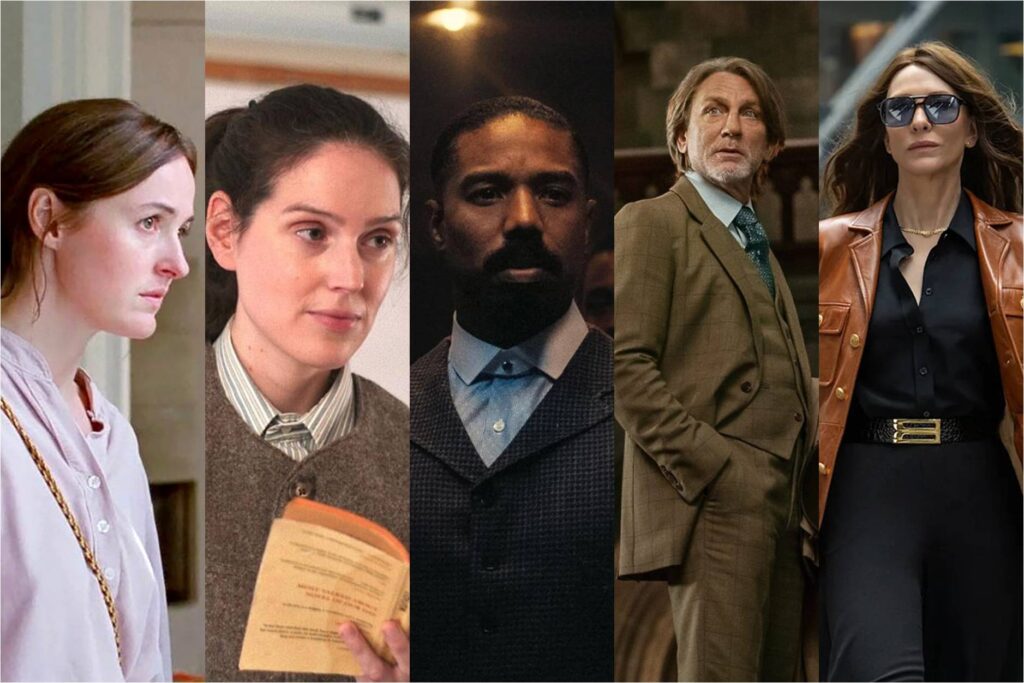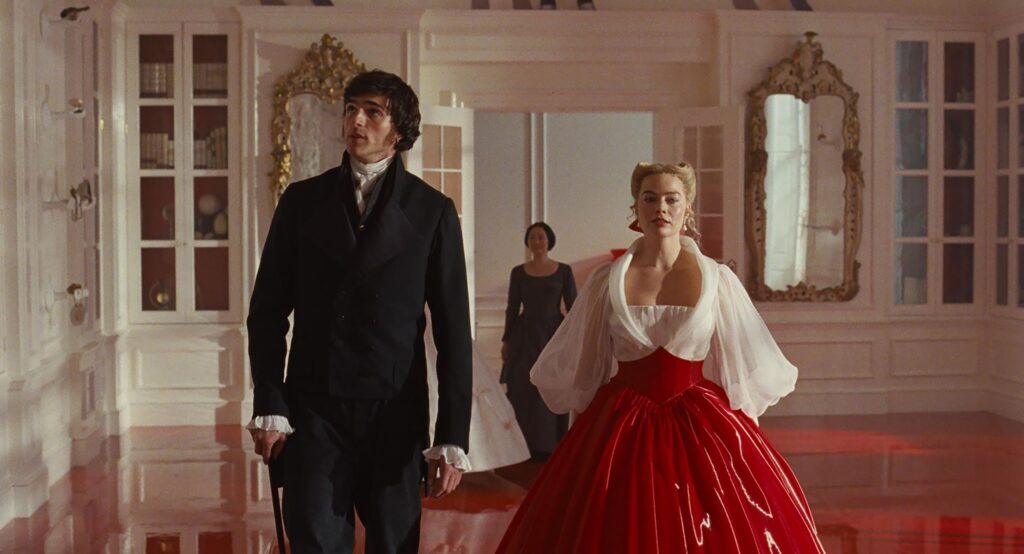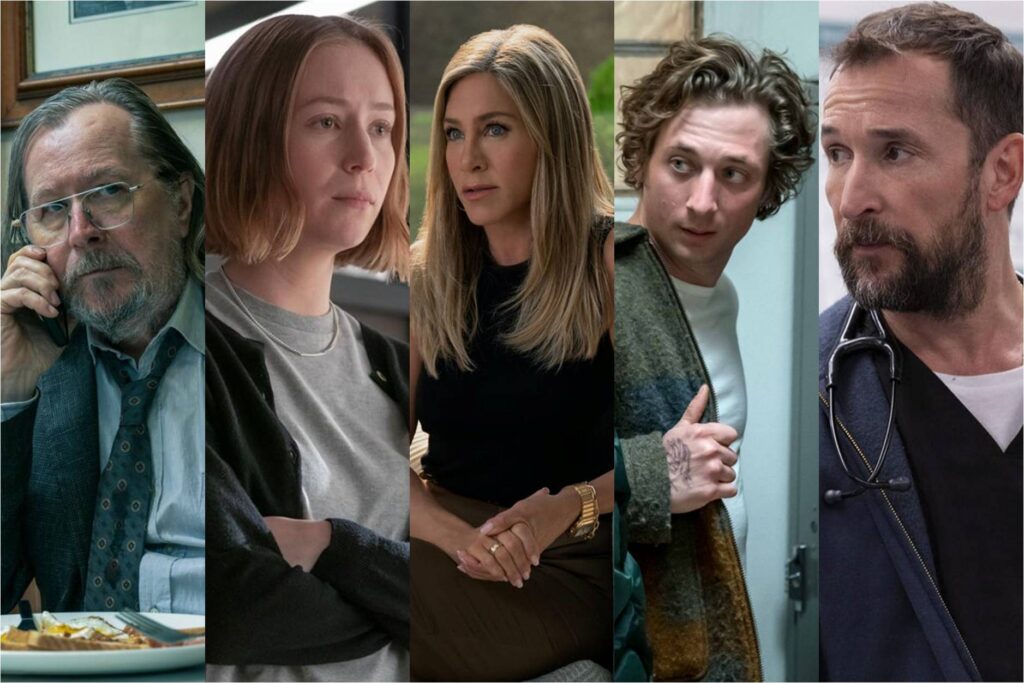Ranking Every Movie of 2025 (sort of)

Yesterday, in unveiling my list of my favorite movies of 2025, I bemoaned the future of Warner Bros.—how it was likely to be acquired by either Netflix (which would be bad) or Paramount (which would also be bad). Well, later that day, Netflix announced that it was refusing to match Paramount’s latest bid, meaning David Zaslav and Larry Ellison will soon meet in the moonlight and lock horns and drink each other’s blood or perform whatever rituals are required when demonic billionaires finalize a disastrous sale. It’s a terrible outcome that bodes poorly for the fate of cinema.
But that’s for the future; right now, we’re still focusing on the (very recent) past. I perform this exercise annually, “ranking” all of each year’s new movies but really just dividing them into discrete tiers. It’s partly designed as a personal recordkeeping mechanism, but it might also serve those of you who are interested in checking out recent releases and want to know where to find them (I append streaming data next to each title, along with the director’s name). Read More




